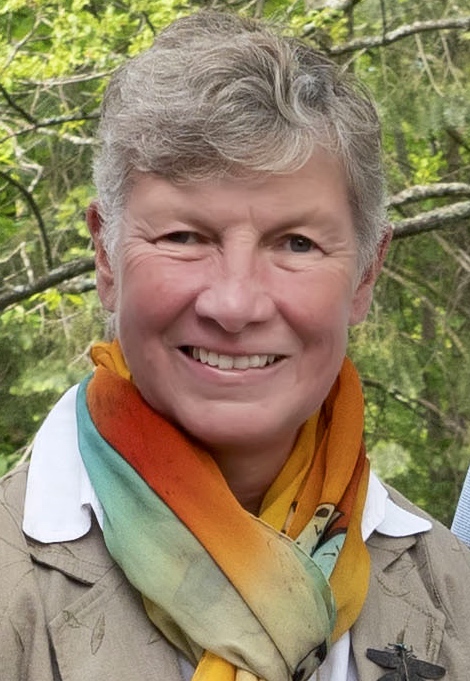
The Volvo Environment Prize event 2023 starts soon.


Prof Mary Scholes, University of the Witwatersrand, South Africa, is the new chairperson of the Volvo Environment Prize Jury.
She is currently a full professor in the School of Animal, Plant and Environmental Sciences and holder of a Research Chair in Global Change and Systems Analysis.
In this Q & A-session, she explains why innovation is essential to the Prize Foundation and why the interest in global environmental issues will continue to increase.
Q: This year marks the 34th year the prize will be awarded. Do you think the award has impacted interest and attention to environmental sciences and sustainability?
A: Yes. In the last 30 years, environmental sciences and sustainability have become an interdisciplinary research area where new knowledge and skills are generated. It is recognized as a “space” in which researchers can come together and co-create new ways of working and communicating. Global change problems require recognition, and solutions can only be found when researchers are challenged by each other, the public, and the decision-making sectors. Scientific findings which result in implementable policies are vital in ensuring sustainability.
During your years on the Jury, is there anything special that stands out regarding candidates and laureates?
Twenty years ago, most of the nominations received were from outstanding biophysical scientists but very few from other disciplines; now, there are many nominations from various fields. Although the criteria for nomination have changed little over the years, nominations require that the areas of knowledge generation and policy applications are included. Twenty years ago, a limited pool of researchers moved into the policy arenas. In the last decade, scientists have reached out to policymakers to ensure that scientific findings are used. Science for development and science to service areas are being well addressed. In addition, nominations have grown considerably from female candidates and the developing world.
Since the first award in 1990, attention to global environmental issues has increased sharply. Do you think this will continue?
Yes, as people, especially the youth, become personally impacted, interest will increase. The media also play a critical role, in that, on almost a weekly basis, there is TV coverage of extreme climate events and their impacts on human well-being and economic effects.
Are there research areas that receive too little attention? If so, which ones?
This a tricky question as it depends on perspective. For example, the WMO (World Meteorological Association) has mandated a new research program Early Warning Systems for All, but in many countries, Government Goodwill and Infrastructural development will never ensure that the community receives sufficient warnings of extreme events. So, what I am saying is that while science and technology are available to find solutions, the buy-in from implementing agencies and the understanding of the standards required are very different.
What are your hopes and expectations for the Volvo Environment Prize in the coming years?
I hope that we will continue to be innovative (as we have been in the last 30 years) and that we continue to recognize deserving individuals and the impact they are having on sustainability and human well-being. We must continue using the planetary boundaries concepts to ensure the planet’s good health.